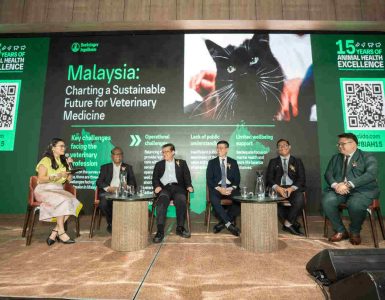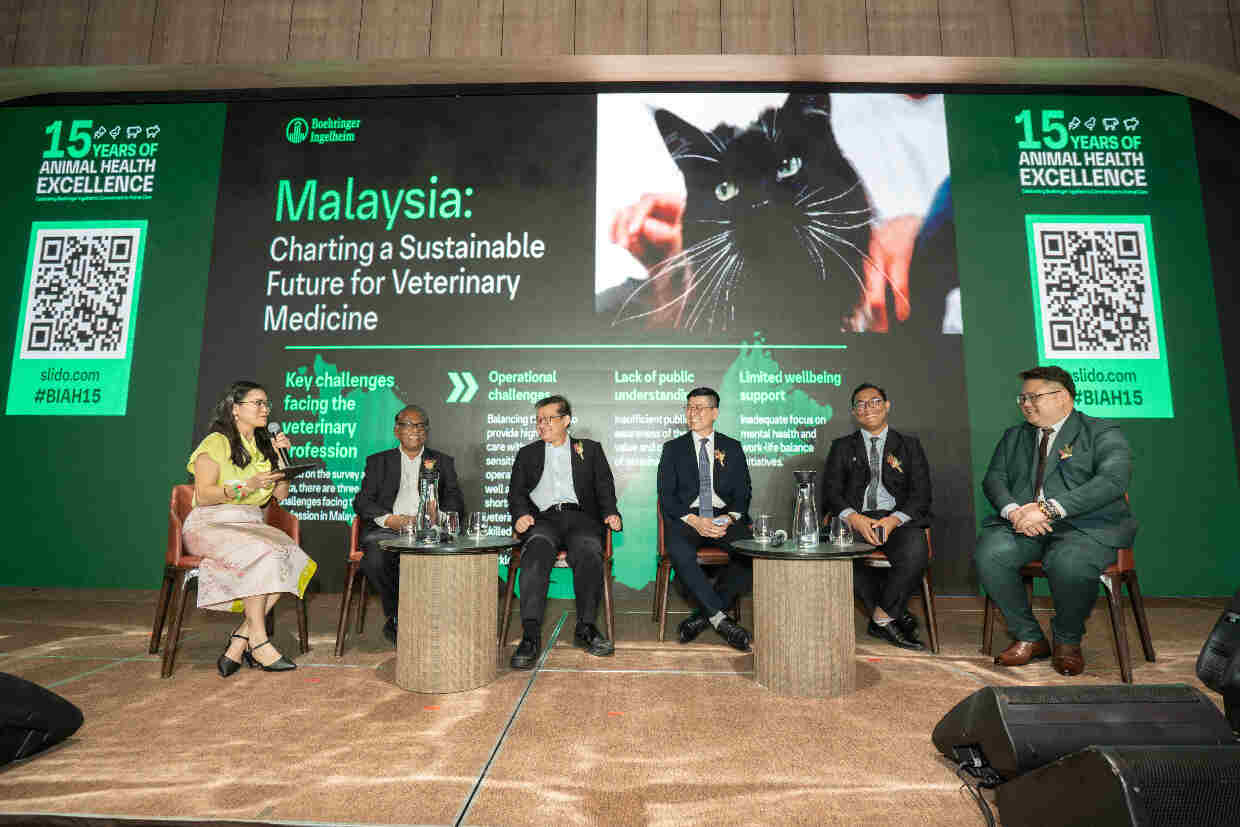The Joint United Nations Programme on HIV/AIDS (UNAIDS) and the Office of the High Commissioner for Human Rights (OHCHR) are concerned over the cancellation of the 2011 Seksualiti Merdeka activities in Malaysia and subsequent police ban on participation.
Seksualiti Merdeka (Sexuality Independence) is a civil society driven event held annually in Malaysia since 2008 to create awareness around human rights of people and communities of different sexual orientations and gender identities.
“As underlined in the Universal Declaration of Human Rights, and the 2011 UN Human Rights Council Resolution on human rights, sexual orientation and gender identity—human rights are universal. No one should face discrimination based on their sexual orientation and gender identity,” said Homayoun Alizadeh, Regional Representative for OHCHR South-East Asia.
UNAIDS and OHCHR recognize that lesbian, gay, bisexual and transgender communities in Malaysia often face vulnerabilities and stigma and discrimination in their daily lives based on their sexual orientation, which can result in increased vulnerability to HIV infection.
“Events like Seksualiti Merdeka provide an important ‘safe space’ for people from different sexual orientations and gender identities to exercise their rights, including the right to peaceful assembly and association, access to information and equal access to essential HIV services,” said UNAIDS Director of the Regional Support Team for Asia and the Pacific, Steven J Kraus.
In light of the global commitments made at the 2011 UN General Assembly High Level Meeting on AIDS in June towards the vision of zero new HIV infections, zero discrimination, and zero AIDS-related deaths, UNAIDS and OHCHR calls on governments to ensure that their laws and practices uphold non-discrimination for all people affected by HIV, including key populations at higher risk, and to commit to promoting and protecting human rights for all people vulnerable to and affected by HIV.












